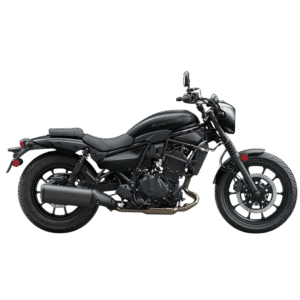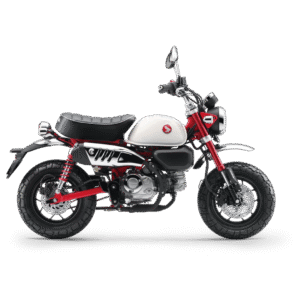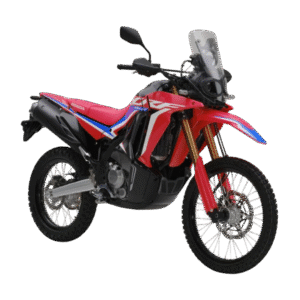Horseback Riding in Sumba: Tradition Meets Adventure
Sumba, one of Indonesia’s most enchanting islands, offers more than just pristine beaches and traditional villages. Among its most thrilling and culturally immersive experiences is horseback riding, a tradition deeply rooted in local heritage and celebrated during the dramatic Pasola Festival. Whether you’re a novice or an experienced rider, horseback riding in Sumba provides an unforgettable adventure across rolling savannahs, rugged hills, and quiet coastal trails.
The Cultural Significance of Horses in Sumba
Horses, or kuda, play an essential role in Sumba culture. They are not just animals for transport or farming—they are symbols of pride, social status, and warrior tradition. This is most vividly displayed during the Pasola Festival, a spectacular ritual where local men ride horses and throw wooden spears at each other in mock battle. If you’re lucky enough to be on the island during the festival (usually held between February and March in villages like Wanokaka, Lamboya, or Gaura), it’s a must-see event. You can read more about the schedule and cultural background here.
Where to Go Horseback Riding in Sumba
There are several scenic and accessible locations for horseback riding across the island. Here are some of the best:
1. Laiwangi Wanggameti National Park
Located in East Sumba, this vast protected area is filled with rolling hills, savannahs, and native forests. Some local eco-lodges and tour operators offer guided rides through the park’s gentler trails. The views are breathtaking, especially during sunrise and sunset. Learn more about the park here.
2. Puru Kambera Savannah
Just 25 km from Waingapu, this picturesque savannah is famous for its dry grasslands and wild horses roaming freely. It’s a fantastic location for beginner riders or families looking for a gentle introduction to horseback riding in nature. You can locate it on Google Maps.
3. Wairinding Hill
Popular for sunrise treks, Bukit Wairinding also offers horseback rides with local guides. The wide, open landscapes evoke a sense of calm and freedom that’s hard to beat. Visitors often compare it to African safaris, only more serene. Map link
4. Ratenggaro Village
In Southwest Sumba, Ratenggaro is known for its traditional tall-roofed houses and beachside setting. Local children often race their horses on the sand, and some tour operators can arrange for guests to join short rides along the coast. Explore Ratenggaro on Google Maps.
Horse Riding Tours and Lodges
A number of resorts and lodges across the island offer curated horseback experiences:
- Nihi Sumba: Often dubbed the world’s best resort, Nihi Sumba offers luxury horseback riding adventures along Nihiwatu Beach, jungle trails, and even swims with horses. Their Sandalwood Stables are well-maintained and beginner-friendly. Check their offerings here.
- Maringi Eco Resort by Sumba Hospitality Foundation: Located near Tambolaka, Maringi offers cultural and eco-tourism experiences, including horseback riding with trained local students. Their mission also supports community development and sustainability. Learn more here.
- Sumba Horse Adventure: A local tour operator that caters to group or private rides with traditional themes and cultural storytelling. Some tours include stops in traditional villages and can be combined with trekking or camping. Check out Sumba Horse Adventure for packages and reviews.
Best Time to Ride
The best time for horseback riding in Sumba is during the dry season, which runs from May to October. Trails are more accessible, and the weather is ideal for outdoor exploration. However, if you’re visiting in February or March, witnessing or participating in the Pasola adds a layer of authenticity to your ride.
Tips Before You Ride
- Wear long pants, a breathable shirt, and closed shoes or boots.
- Bring sunscreen, a hat, and plenty of water.
- Ask your guide if the horse is trained and safe for your experience level.
- Respect local customs—some horses are ceremonial and not meant for casual riding.
- Tip your local guide or handler—they often rely on this seasonal work for income.
Final Thoughts
Horseback riding in Sumba is more than a thrilling activity—it’s a connection to the island’s spirit, history, and people. Whether you’re cantering across a beach at sunset, climbing a savannah ridge, or witnessing the intensity of the Pasola, the horse becomes your companion on a journey through both land and legend.
Ready to ride? Explore tour providers or book a stay at one of the many horseback-friendly lodges in Sumba for your next great adventure.





